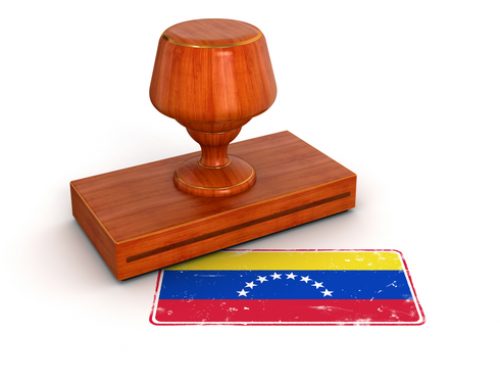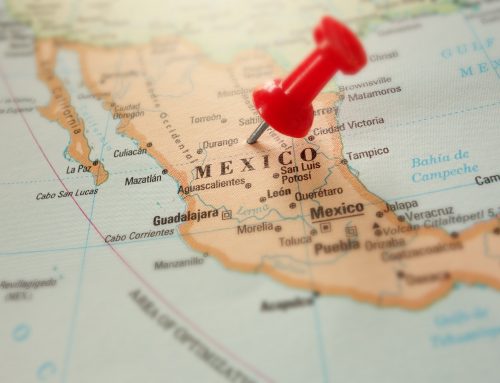
The Hague Apostille Convention of 5 October 1961 was born out of the need to simplify the circulation of documents between different states and countries in the world. The convention applies only to public documents that need to be authorized. If both countries are part of the convention, an Apostille will be sufficient. There will be no need for any more documents or procedures to make the legal document count in one of the both countries. This was one of the first initiatives to abolish the requirement of diplomatic or consular legalization for foreign public documents that need to be circulated in the world.
CONVENTION ABOLISHING THE REQUIREMENT OF LEGALISATION FOR FOREIGN PUBLIC DOCUMENTS
The World Intellectual Property Organization, also known as the WIPO, invested as well in simplification of administration in intellectual property. In 1994 the WIPO introduced the Trademark Law Treaty. This law aimed to streamline national and regional trademark registration procedures. The TLT came to life to make trademark application and registration less complex and more predictable. The TLT does not allow a requirement as to the attestation, notarization, authentication, legalization or certification of any signature, except in the case of the surrender of a registration.
Latin America has undergone a huge transformation the last decades when it comes to IP and this created a positive trend in intellectual property rights. This paid off and is showed in the growing investment and industry in the region. But still not all countries in Latin America are taking advantage of the international efforts made by the IP world.
Colombia, Mexico and Peru have put a simplified procedure into law to improve their IP filing with the help of the international treaties. Such as the Hague Apostille convention and the TLT. In these Latin American countries the Power of Attorneys does not need to be signed any longer before a public notary or require any personal presentation. With the implementation of simplified procedures, there are now several options to legalize a POA. The easiest option is the one that no longer needs to be apostilled or notarized. In Mexico with the signature of only two witnesses, a POA is valid. Peru also implemented a simplified procedure, they are member of the TLT. Here the POA only needs to be signed by the client. The same procedure applies in Colombia. The theory behind these changes is the any legal procedure should be kept simple and unnecessary complexity should be avoided. Demand should be in proportion with the objectives that need to be fulfilled.
IPR procedures should keep being innovated as an incentive for invention and innovation.

But not all countries in the region took advantage of these international initiatives. However they did implement changes into the procedures. Brazil, Chile and Bolivia for example are not member of the Apostille convention but improved their filing procedures. Brazil as the heavy weight and the largest player in the region, keeps innovating their procedures. Their electronic filing system is seen as a big success, for the POA they eliminated the requirement of consular legalization, but notarization is still necessary. Also Panama and Chile innovated their procedures, for POAs in these countries signing before a public notary is no longer necessary. Although in Chile this is only applicable for natural persons and not for corporations.
The case of Colombia can be seen as a great example as well. The Colombian Patent and Trademark Office is establishing many procedures to get rid of all the unnecessary complexity for the filing of a trademark or patent application. The Colombian PTO implemented the Decree 019 of 2012 anti-redtape law of January 2012. From this decree on, applicants were no longer required to show proof of existence or legal representation unless there is reasonable doubt about the veracity of any information in an application in the registration of trademarks and patents. These implementations are making the Colombian filing a lot easier and more straightforward. What makes Colombia attractive for foreign investment. This changes definitely made a positive impact on Colombia’s social and economic development. IPR procedures in Latin America should keep being innovated as an incentive for invention and innovation in the region.




